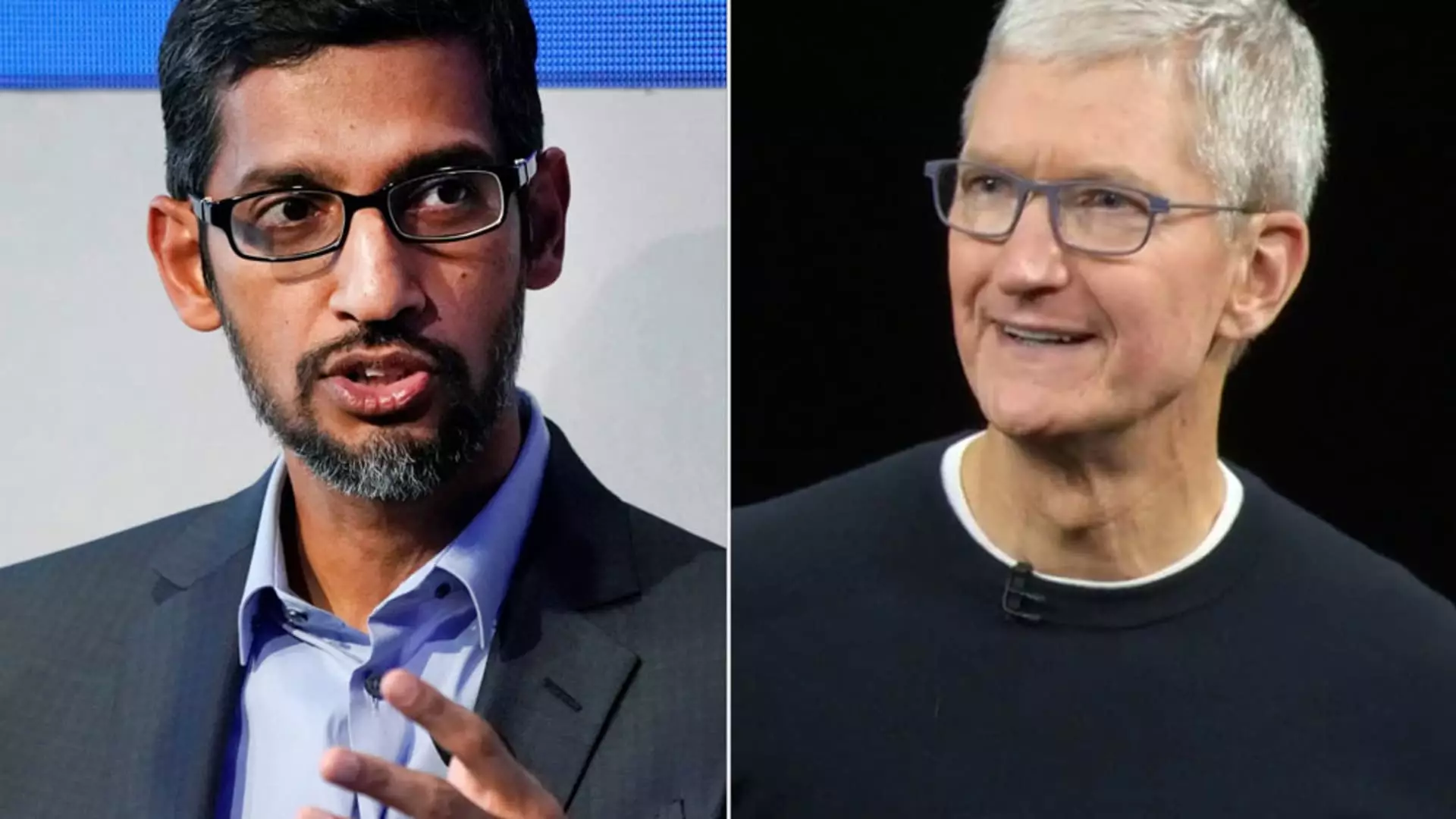Apple made headlines recently when it announced that its artificial intelligence models for Apple Intelligence were pretrained on Google’s Tensor Processing Units (TPUs). This decision raised eyebrows in the tech world, as it indicated a shift away from Nvidia’s GPUs, which have long been the go-to choice for high-end AI training chips. The details of Apple’s partnership with Google were outlined in a technical paper released by the company, shedding light on the increasing competition in the AI chip market.
Nvidia’s GPUs have been the frontrunners in the market for AI training chips, thanks to their superior performance and capabilities. However, the unprecedented demand for these GPUs in recent years has made them challenging to obtain in the required quantities. This shortage has prompted tech giants like Apple to explore alternative options, such as Google’s TPUs, for their AI training needs.
Industry titans like Meta CEO Mark Zuckerberg and Alphabet CEO Sundar Pichai have expressed concerns about the overinvestment in AI infrastructure among tech companies. While acknowledging the risks of falling behind in the rapidly evolving technology landscape, they emphasized the importance of striking a balance between innovation and prudence. Zuckerberg highlighted the potential consequences of being out of position in the AI race, underscoring the need for companies to stay ahead of the curve.
Apple’s unveiling of Apple Intelligence marked a new era in its AI offerings, introducing cutting-edge features and enhancements to improve user experience. With a focus on generative AI, Apple plans to implement functions like image and emoji generation, as well as a more intelligent Siri that can interact with users on a personalized level. The integration of Google’s TPUs into Apple’s AI system signifies a strategic move towards leveraging advanced technology for optimal performance.
Cost-Effectiveness and Efficiency of Google’s TPUs
Google’s TPUs are known for their cost-effectiveness and efficiency in AI training, making them an attractive option for companies seeking high-performance computing solutions. With prices under $2 per hour for the latest TPUs when booked in advance, Google has positioned itself as a key player in the custom chip market for artificial intelligence. The scalability and reliability of Google’s TPUs, combined with their affordability, have made them a preferred choice among tech companies looking to enhance their AI capabilities.
Apple’s adoption of Google’s TPUs for AI training reflects a strategic shift in the industry towards exploring diverse options beyond Nvidia’s GPUs. As competition heats up in the AI chip market, companies are increasingly seeking innovative solutions that offer performance, affordability, and scalability. The integration of advanced technologies like Google’s TPUs underscores the dynamic nature of the AI landscape and the importance of staying ahead of the curve in a rapidly evolving digital era. Apple’s foray into generative AI with Apple Intelligence signals a new chapter in its AI journey, positioning the company as a formidable player in the realm of artificial intelligence.


Leave a Reply